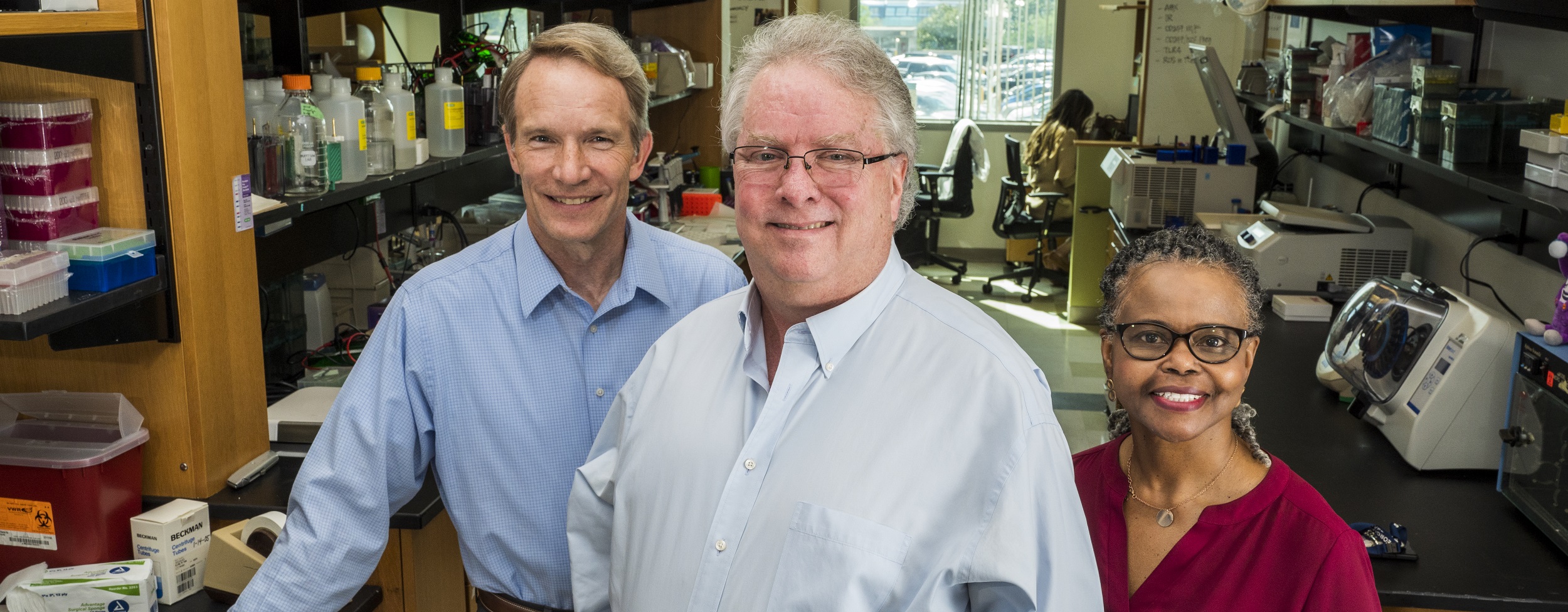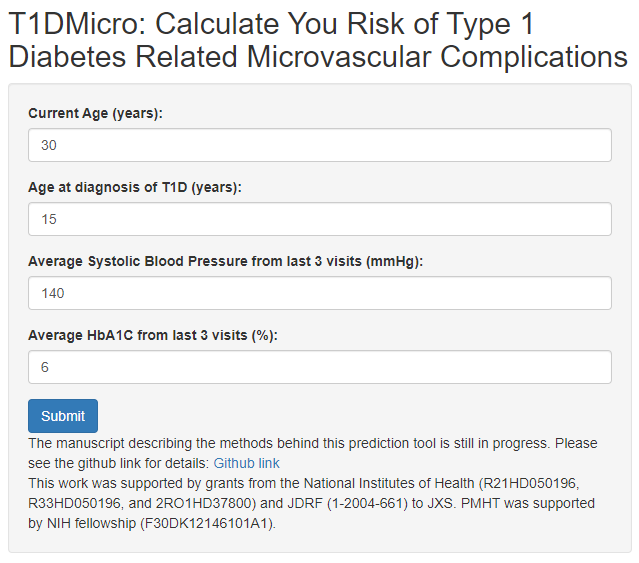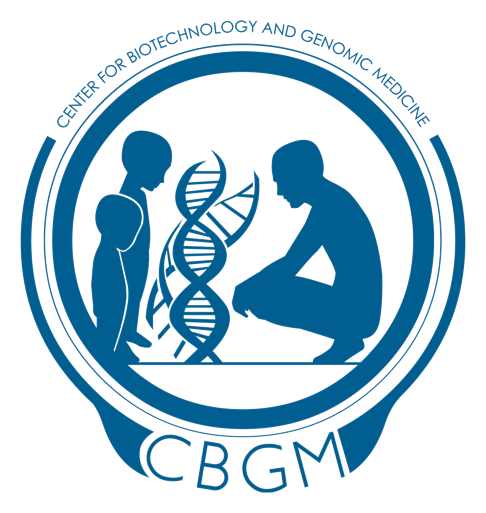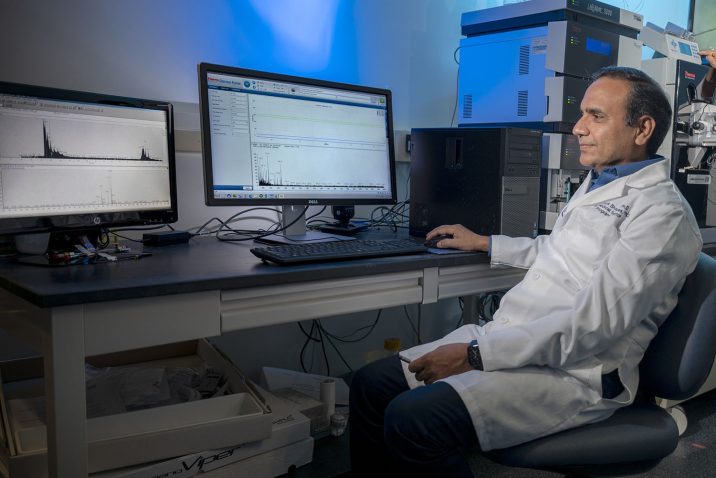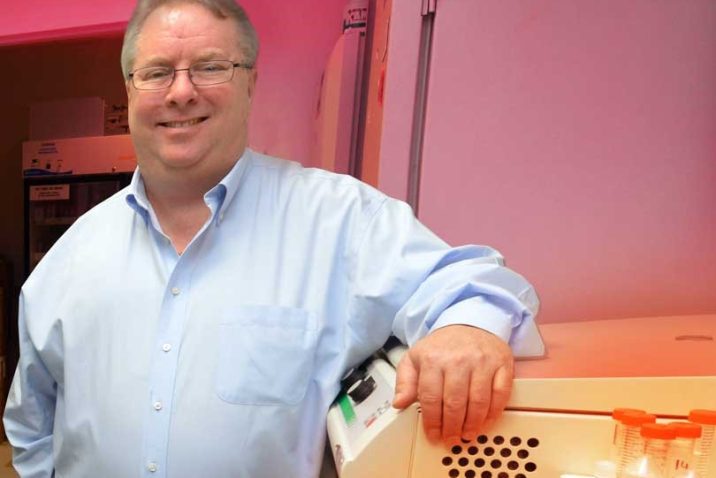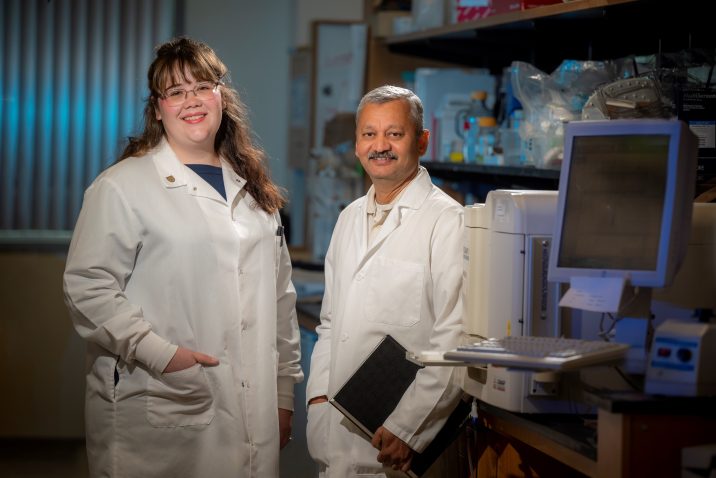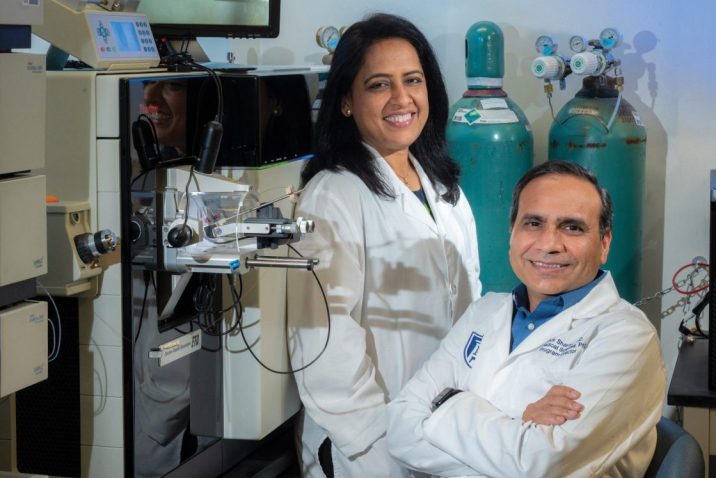Established in the summer of 2002, the Center for Biotechnology and Genomic Medicine (CBGM) at the Medical College of Georgia (MCG) at Augusta University (AU) was developed to promote interdisciplinary and translational research in Biotechnology
and Genomic Medicine with the ultimate goal of promoting predictive, preventive, personalized
and participatory (4P) medicine.
The Center's research efforts focus on two main areas: 1) discovery and validation
of biomarkers for disease prediction and diagnosis, 2) pharmacomics and drug discovery for
personalized medicine. CBGM is home of four internationally renowned programs in
diabetes research: The Environmental Determinants of Diabetes in the Young (TEDDY), the Prospective Assessment in Newborns of Diabetes Autoimmunity (PANDA), the Diabetic Complications Consortium (DiaComp) and the Mouse Metabolic Phenotype Consortium (MMPC). Additional research programs include autoimmune diseases, transplantation, and
cancer. These research programs are supported by an annual extramural funding of approximately
$12 million.
The center houses several state-of-the-art high throughput and high content facilities
for genetics, genomics, proteomics, drug screening and bioinformatics. The center
continues to recruit independent investigators with expertise in diverse disciplines
such as genomics, proteomics, immunology, medicinal chemistry, drug development, biostatistics
and computational biology. This multidisciplinary approach provides an avenue for
investigators to interact and stimulate novel ideas.


